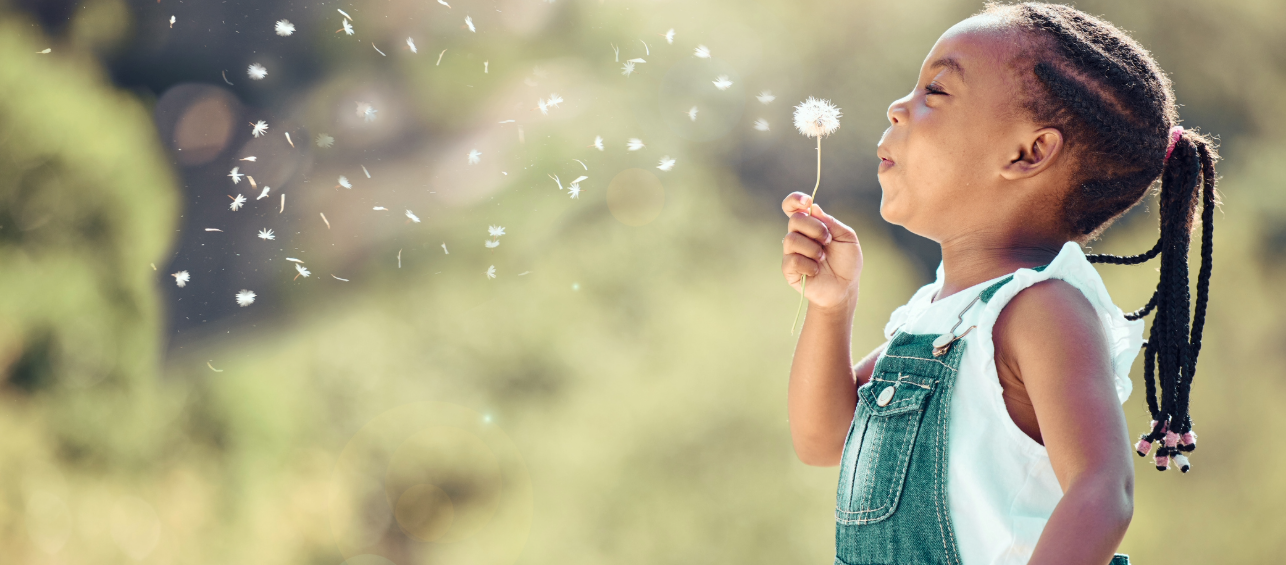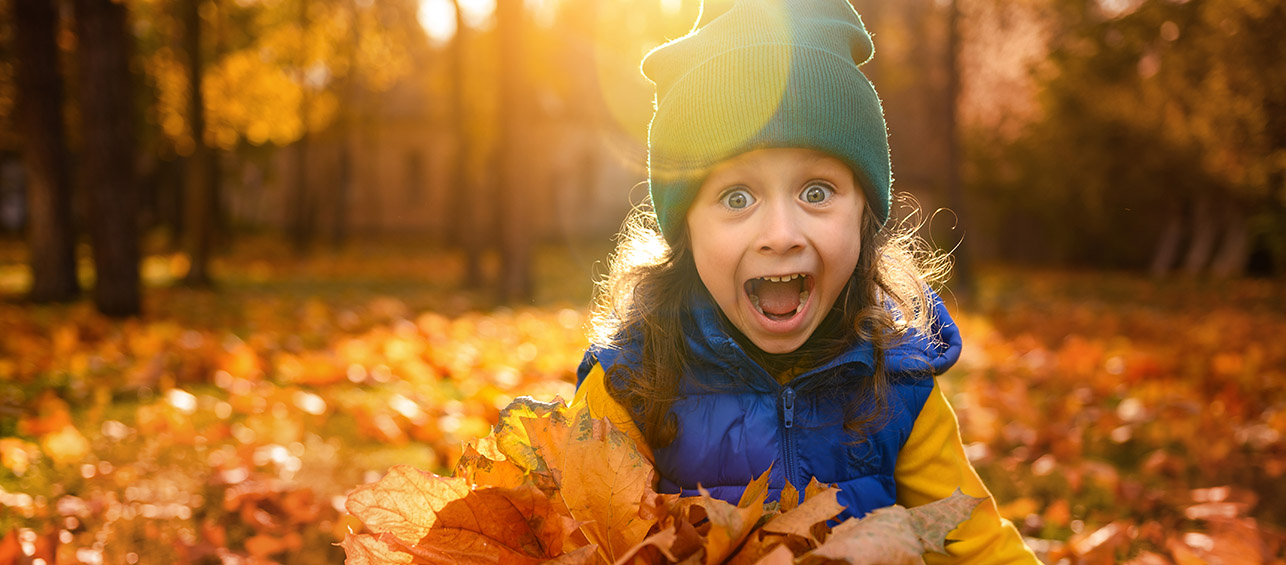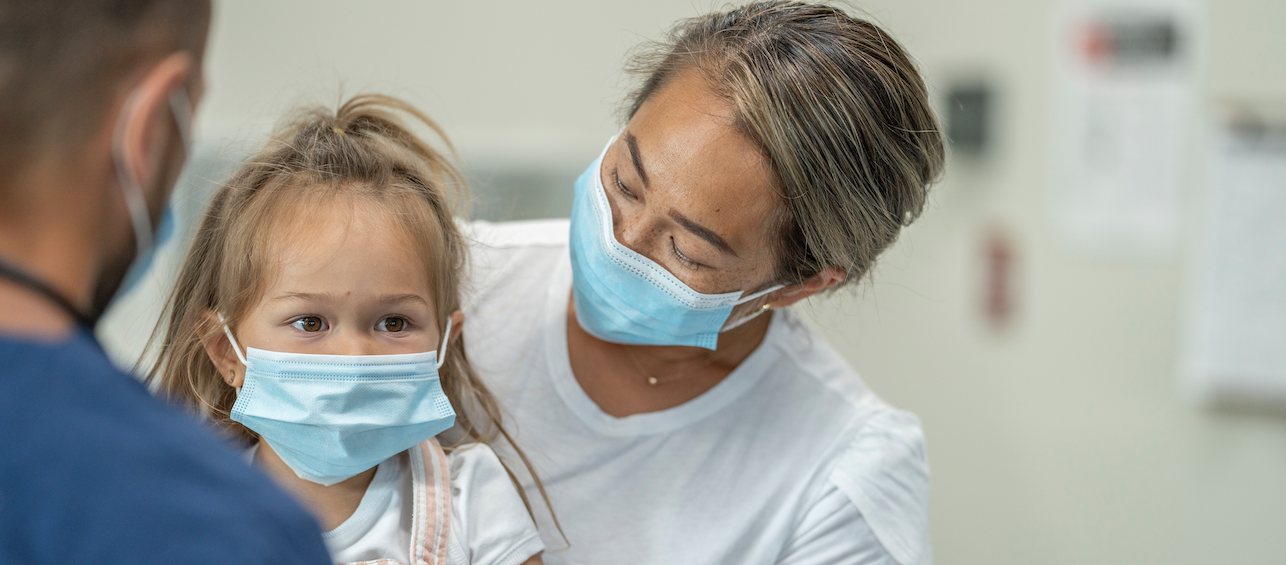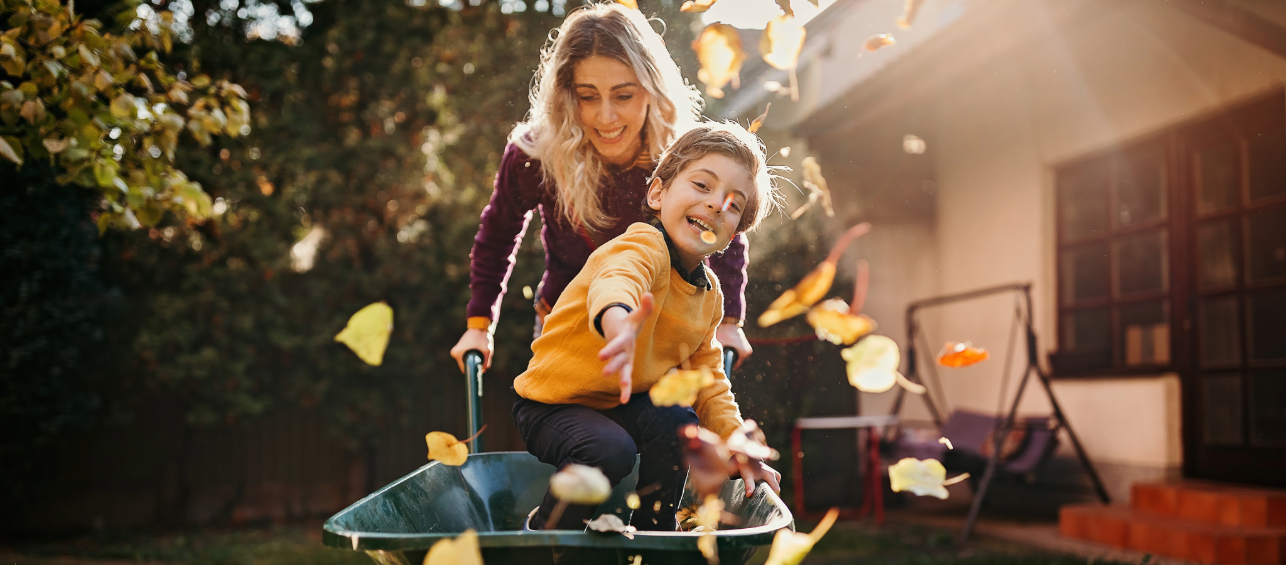Spring is a welcome time for parents looking to find more ways to keep their children active. But with warmer weather comes blooming flowers and blossoming trees, which can lead to itchy eyes and runny noses for kids affected by allergies.
Spring allergies are at their peak from April through June. Depending on the severity of your child’s reaction, they can be a real issue. The key culprits are the tiny, airborne pollen grains that come off trees, weeds and grasses. Another allergy trigger that can be found everywhere is outdoor mold spores. Pollen and mold are hard to avoid when you want to go outside and play, but there are a number of ways to manage allergy symptoms.
Is it allergies or something else?
This is a question we often get, and unfortunately there is no straightforward answer. Many of the symptoms that we see with common viruses are the same symptoms a child experiences due to allergies. One key difference between the two is a fever. You will not get a fever from allergies, and many viruses do cause fevers.
Medicine
Allergy medicines come in pills, chewable tablets, liquids, nasal sprays and eye drops.
- Antihistamines: They target a chemical called histamine, which our bodies produce as a reaction to allergens like pollen and mold. Some examples of common antihistamines are loratadine or cetirizine. You can get pills, chewable tablets or liquid in any of these medications.
- Nasal Steroid Sprays and Eye Drops: Nasal steroid sprays (such as fluticasone) and allergic eyedrops (such as olopatadine or ketotifen) are also effective at controlling allergies.
These over-the-counter medications work well for most kids, but if they do not work for your child or you aren’t sure which one to give your child, do not hesitate to call your pediatrician. For more severe cases, allergy shots might be needed, but over-the-counter medicines are always a good place to start.
Limit Exposure
- Avoiding the outdoors when pollen counts are the highest: morning and night.
- Check mold and pollen readings here and avoid the outdoors when possible.
- Keep windows closed during pollen season. This not only keeps allergens from getting in but also keeps the dust and mold already inside your home from getting kicked up by the breeze.
- Make sure your children bathe and shampoo their hair daily before going to bed. This rids pollen from their hair and skin—and keeps it off their pillows too.
- Wash bedding in hot, soapy water once a week.
- Limit close contact with pets that spend a lot of time outdoors.
- Change and wash clothes worn during outdoor activities.
- Have your child wear sunglasses when they’re playing outside to help prevent itchy, irritated eyes.
Unfortunately, there is no cure for spring allergies, but you can help manage your child’s symptoms by following the tips above.
If you have questions, or would like to request an appointment with our team, please contact our Allergy and Immunology Department.






